LONDON, England: The UK government has launched a 12-week consultation proposing a ban on sales of high-caffeine energy drinks to under-16s. This initiative, part of its broader Plan for Change to improve public health and resilience, has garnered strong support from dentists and public health bodies, who see it as a crucial step in protecting children’s oral and overall health.
On Tuesday 2 September, the Department of Health and Social Care unveiled proposals to prohibit the sale of energy drinks containing more than 150 mg of caffeine per litre to those under 16. The move covers all points of sale—shops, cafés, schools, vending machines and online retailers. Asserting that energy drinks are linked to poor sleep, diminished concentration and childhood obesity, the government estimates that the measure could potentially avert obesity in up to 40,000 children and save tens of millions in health costs. Speaking in a press release, Secretary of State for Health and Social Care Wes Streeting said: “Energy drinks might seem harmless, but the sleep, concentration and well-being of today’s kids are all being impacted, while high-sugar versions damage their teeth and contribute to obesity. By preventing shops from selling these drinks to kids, we’re helping build the foundations for healthier and happier generations to come.”
Dental professionals have broadly welcomed the consultation, spotlighting the risk energy drinks pose to young people’s teeth. In their response to the initiative, the British Dental Association (BDA) highlighted that even sugar-free variants can erode enamel owing to their acidity. “Products that are habit-forming [and] highly acidic and can contain over 20 teaspoons of sugar have no place on the menu for children,” said BDA Chair Dr Eddie Crouch. “Our kids are growing up in a toxic food environment, and this boldness needs to be applied across the piece.”
Beyond this ban, the BDA continues to urge wider reforms. It advocates for faster government action, mandatory manufacturing guidelines and expansion of the sugar levy to further curb unhealthy food and drink consumption among children.
The energy drink ban is one piece of the government’s wider Plan for Change, which addresses systemic challenges in healthcare, including National Health Service dentistry. Although the plan frames healthcare reform as a key mission, dental advocates have criticised its lack of concrete commitments to dental services. However, efforts such as delivering 700,000 new urgent dental appointments in underserved areas this year demonstrate incremental progress. These appointments, scheduled from April, aim to alleviate pressure in dental deserts and improve access to urgent care.
The government’s proposed ban on high-caffeine energy drinks for under-16s marks a significant shift towards preventive health policy. Dentists fully support the move, though they emphasise that more extensive measures are needed to address the broader drivers of poor oral health. Situated within the Plan for Change, the consultation exemplifies a growing focus on prevention—not only in general health but also in addressing long-standing gaps in National Health Service dentistry provisions.
Topics:
Tags:
LONDON, England: The commercial baby food industry powerfully shapes early childhood nutrition in the UK and globally. Despite its trusted image, its ...
LONDON, England: The current state of public health dentistry in the UK is, without question, lamentable. Plagued by financial, personnel and regulatory ...
LONDON, UK: The government of the United Kingdom and Great Britain and Northern Ireland has made headlines over the past decade for policies focused on ...
LONDON, England: While chewing gum may be considered a somewhat undesirable habit, sugar-free varieties have been proved to be highly beneficial for oral ...
In light of rising rates of chronic disease and growing awareness of the health risks associated with excessive sugar consumption, governments around the ...
Live webinar
Tue. 24 February 2026
1:00 pm EST (New York)
Prof. Dr. Markus B. Hürzeler
Live webinar
Tue. 24 February 2026
3:00 pm EST (New York)
Prof. Dr. Marcel A. Wainwright DDS, PhD
Live webinar
Wed. 25 February 2026
11:00 am EST (New York)
Prof. Dr. Daniel Edelhoff
Live webinar
Wed. 25 February 2026
1:00 pm EST (New York)
Live webinar
Wed. 25 February 2026
8:00 pm EST (New York)
Live webinar
Tue. 3 March 2026
11:00 am EST (New York)
Dr. Omar Lugo Cirujano Maxilofacial
Live webinar
Tue. 3 March 2026
8:00 pm EST (New York)
Dr. Vasiliki Maseli DDS, MS, EdM



 Austria / Österreich
Austria / Österreich
 Bosnia and Herzegovina / Босна и Херцеговина
Bosnia and Herzegovina / Босна и Херцеговина
 Bulgaria / България
Bulgaria / България
 Croatia / Hrvatska
Croatia / Hrvatska
 Czech Republic & Slovakia / Česká republika & Slovensko
Czech Republic & Slovakia / Česká republika & Slovensko
 France / France
France / France
 Germany / Deutschland
Germany / Deutschland
 Greece / ΕΛΛΑΔΑ
Greece / ΕΛΛΑΔΑ
 Hungary / Hungary
Hungary / Hungary
 Italy / Italia
Italy / Italia
 Netherlands / Nederland
Netherlands / Nederland
 Nordic / Nordic
Nordic / Nordic
 Poland / Polska
Poland / Polska
 Portugal / Portugal
Portugal / Portugal
 Romania & Moldova / România & Moldova
Romania & Moldova / România & Moldova
 Slovenia / Slovenija
Slovenia / Slovenija
 Serbia & Montenegro / Србија и Црна Гора
Serbia & Montenegro / Србија и Црна Гора
 Spain / España
Spain / España
 Switzerland / Schweiz
Switzerland / Schweiz
 Turkey / Türkiye
Turkey / Türkiye
 UK & Ireland / UK & Ireland
UK & Ireland / UK & Ireland
 Brazil / Brasil
Brazil / Brasil
 Canada / Canada
Canada / Canada
 Latin America / Latinoamérica
Latin America / Latinoamérica
 USA / USA
USA / USA
 China / 中国
China / 中国
 India / भारत गणराज्य
India / भारत गणराज्य
 Pakistan / Pākistān
Pakistan / Pākistān
 Vietnam / Việt Nam
Vietnam / Việt Nam
 ASEAN / ASEAN
ASEAN / ASEAN
 Israel / מְדִינַת יִשְׂרָאֵל
Israel / מְדִינַת יִשְׂרָאֵל
 Algeria, Morocco & Tunisia / الجزائر والمغرب وتونس
Algeria, Morocco & Tunisia / الجزائر والمغرب وتونس
 Middle East / Middle East
Middle East / Middle East


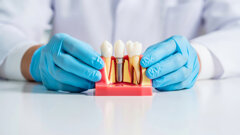


















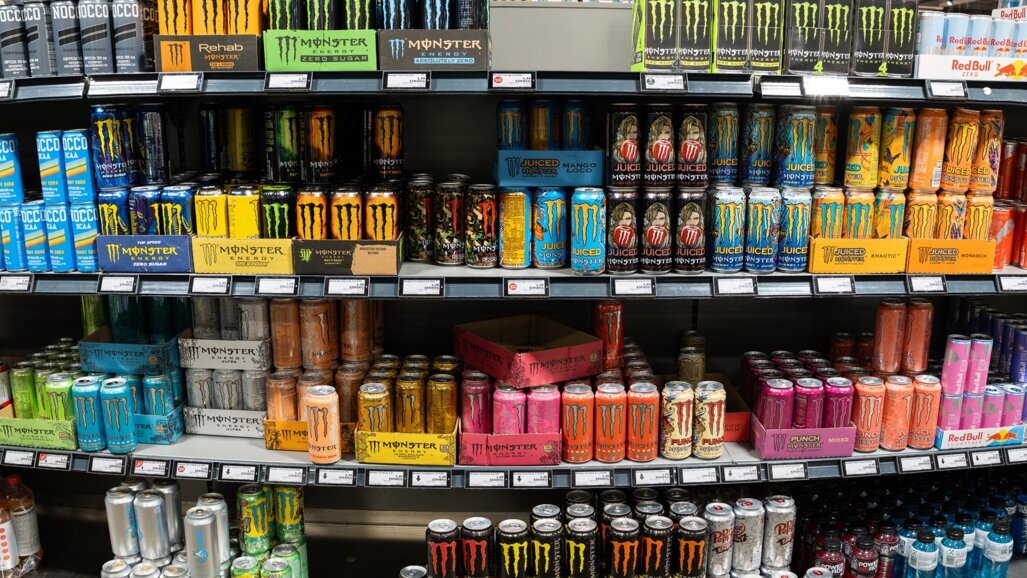




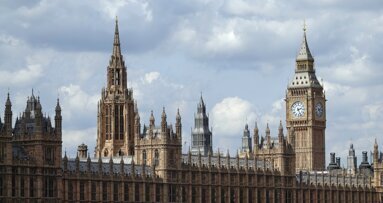
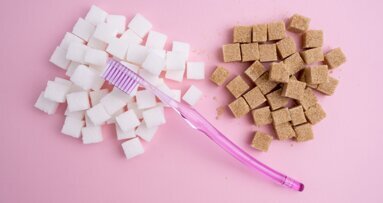
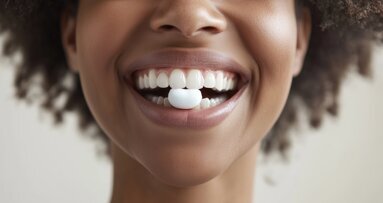
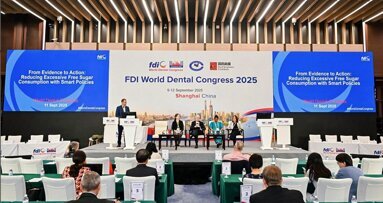









To post a reply please login or register